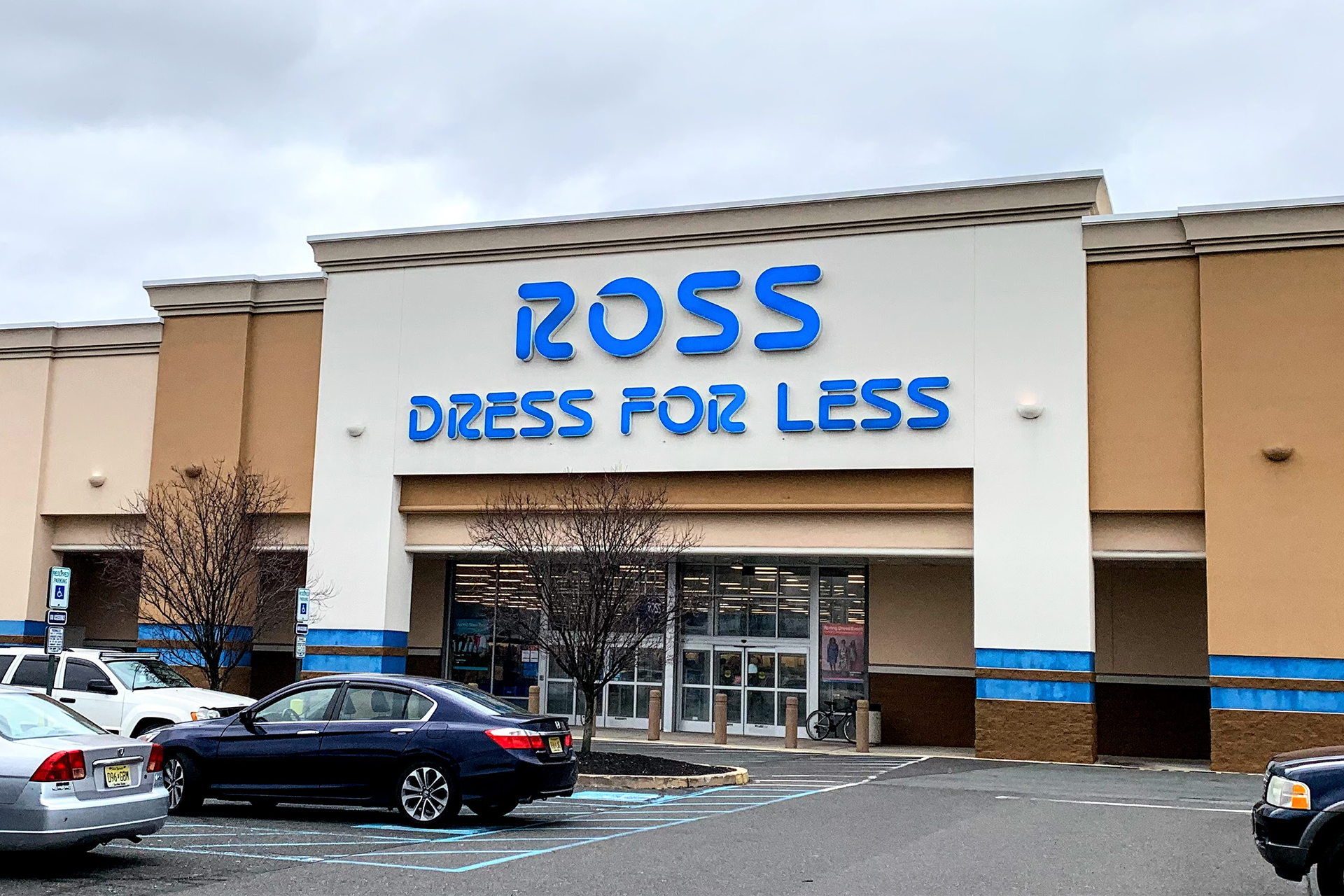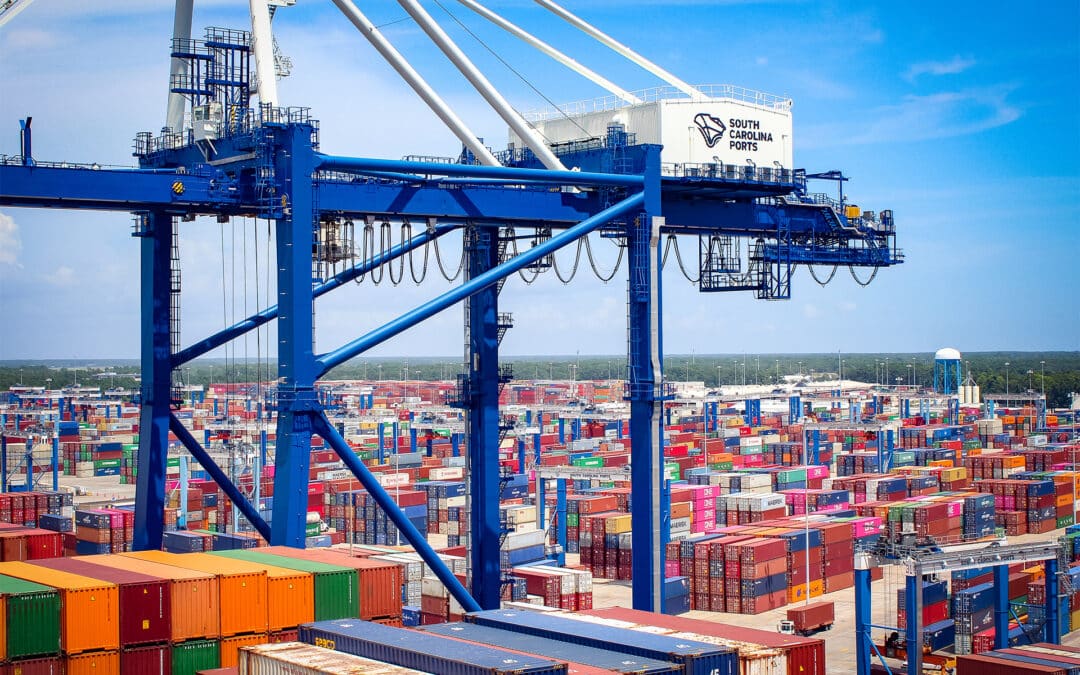As COVID-19 restrictions moderated at retail in the first half of this year, Ross Stores bounced back, posting big second-quarter gains versus a year ago and significant advances compared to the pre-coronavirus period in 2019.
Ross beat an average analyst estimate of 94 cents per diluted share and topped a $4.48 billion sales estimate as well.
Net income for the 2019 second quarter, which preceded effects from the COVID-19 pandemic, was $412.7 million, or $1.14 per diluted share, Ross pointed out.
Sales were $4.8 billion versus $2.68 billion in the 2020 quarter and $3.98 billion in the 2019 period. Comparable sales gained 15% versus the 2019 quarter, the company reported, with traffic being the main driver.
Barbara Rentler, Ross CEO, said in a conference call that home continues to be a top-performing merchandise category, with trends consistent with what the company saw through the pandemic. Apparel is picking up as coronavirus-related restrictions to movement wane.
-Barbara Rentler, Ross CEO
Rentler pointed out that, in the immediate future, “there remains much uncertainty regarding the sustainability of the positive external factors that benefited our first-half results as well as the potential risks we may face from the spread of COVID variants and worsening industry-wide supply chain congestion. As a result, we are forecasting third-quarter same-store sales to be up 5% to 7% with earnings per share in the range of 61 cents to 69 cents.
“This guidance reflects our expectation for escalating freight and supply chain costs, and ongoing COVID-related operating expenses. Based on first-half results and our third-quarter outlook, we are updating our fiscal year 2021 earnings per share forecast to be in the range of $4.20 to $4.38 on a comparable store sales gain of 10% to 11%. Moving forward, we remain optimistic about our prospects for continued growth in both sales and profitability over the longer term, especially given consumers’ increasing focus on value and convenience. Moreover, the significant number of retail closures and bankruptcies in recent years further enhances our ability to gain additional market share in the future.”





